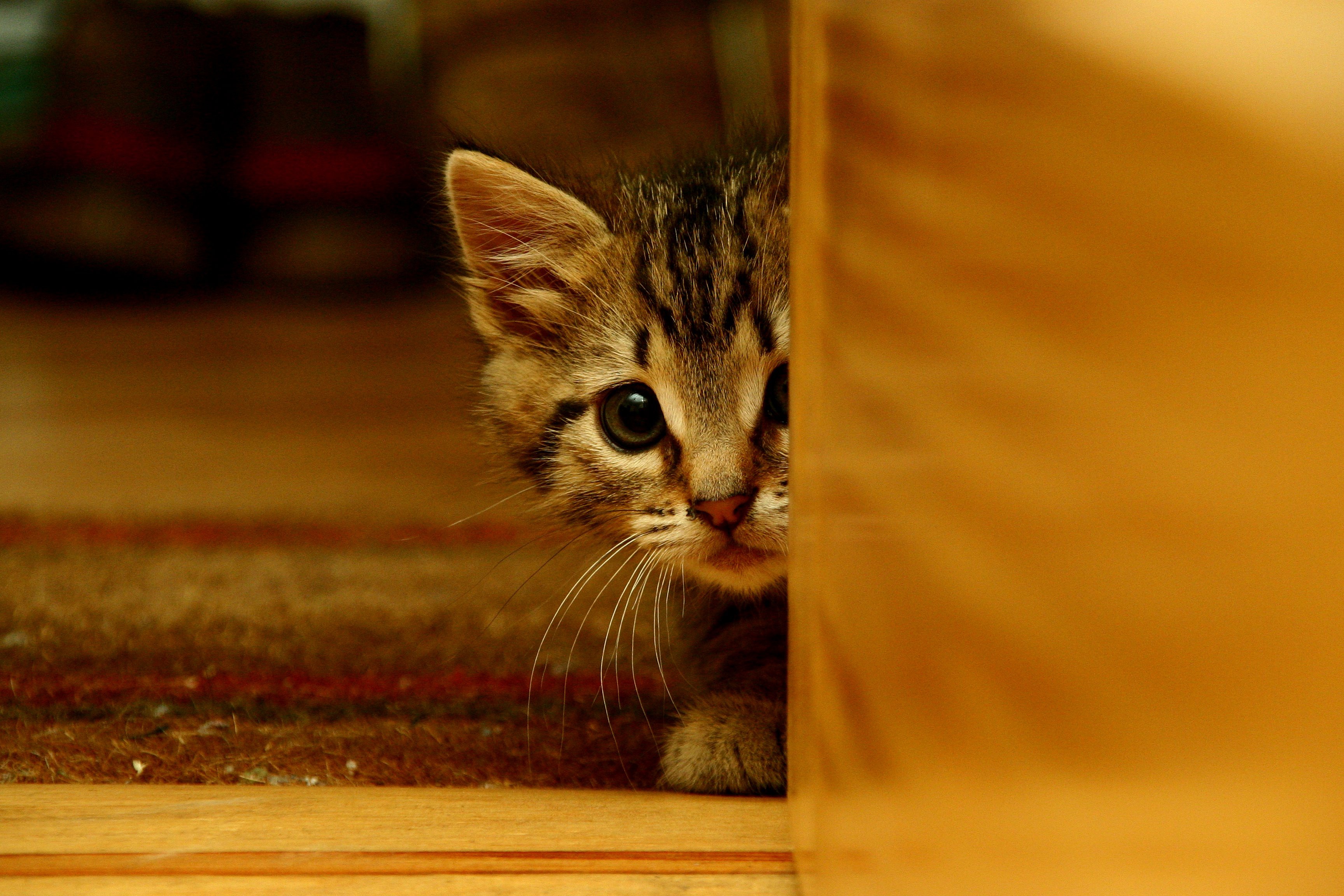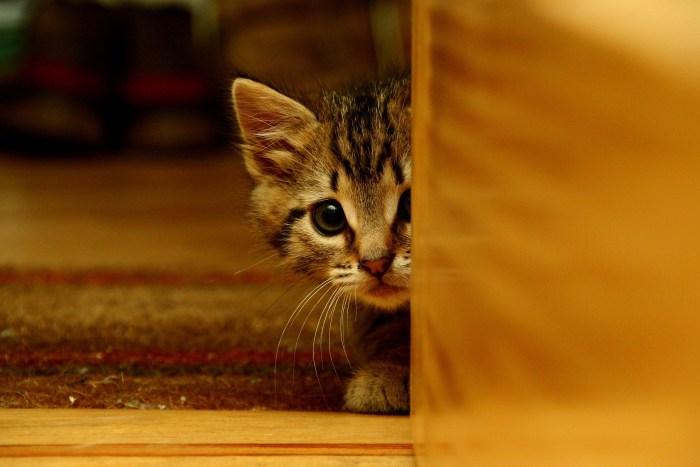Just as some cats can be super calm other kitties can also be somewhere on the other end of the spectrum where they are more anxious or nervous. This can be frustrating and worrisome for some cat parents who simply want their cat to be happy. If you find that your cat tends to be a bit more on the anxious end of the behavior spectrum read more to learn about kitty anxiety and what you can do to help your furry little friend be more relaxed.
Why is my cat anxious?
There are many reasons your cat might be anxious, which include:
- Negative experience as a kitten – Your cat could be anxious because of a negative experience they encountered as a kitten. This could be abuse, homelessness or even improper socialization or lack of experience with other animals or people.
- Genetics – Most cats, believe it or not, are genetically predisposed to have very well developed survival instincts that can trigger a flight (vs fight) response, which can make a cat flee or hide.
- Fear – Your cat could be genuinely scared of something, which keeps her skittish and nervous.
- New Environment – If you have a new kitten or even have chosen to adopt an older cat and you are bringing her home for the first time, there is a good possibility she is going to be a bit anxious. Usually a few days in her new home is all your new family member needs to become acclimated and to start relaxing. If you find your kitty hiding under the bed don’t worry. She’ll eventually come out on her own. With time she will most likely prefer being curled up on your lap than with your dust bunnies.
- Other cats in the environment – Introducing your cat to other cats or bringing a new cat into your home can quite easily cause your kitty to be a bit more guarded and nervous. Time is usually the best remedy.
- Other dogs or pets in the environment – Like previously mentioned with introducing your kitty to a new cat or cats the same holds true with dogs and puppies. Most cats do pretty well with dogs. Again, usually a little time is all it takes to create peace and harmony for your favorite feline.
- New family member – Cats are super sensitive creatures. So if you change their environment in any way such as adding a new human to it -your cat might become a bit discombobulated by it all, which could lead Fluffy to hide out for a bit. This is normal and should only last a brief time. If you notice that your kitty is having a harder time it may be a good idea to visit your vet.
- Illness – Being sick can be scary for anybody and this includes felines as well. A sick cat is inevitably an anxious cat. The sooner you can get your cat to a vet and treated the sooner your little ball of fur will return to her former happy-go-lucky self.
Things to watch out for:
If you notice any of the following new behavior in conjunction with newly acquired anxiety a call to your vet is a good place to start.
- Loss of appetite
- Overly aggressive behavior
- Hiding for no reason
- Weight loss
- Meowing or hissing more than usual
- Vomiting
- Drooling, coughing, biting herself or developing bald patches.
Once you find the source of your cat’s anxiety you can take the appropriate steps needed to ease her anxiety.


